Washington —
U.S. President Joe Biden’s national security adviser, Jake Sullivan, is heading to China next week for talks with Chinese Foreign Minister Wang Yi, according to a senior administration official.
The discussions are expected to include a potential meeting between Biden and Chinese President Xi Jinping later this year.
This would be Sullivan’s first trip to China as the White House national security adviser. The planned meetings, scheduled from August 27 through August 29, would also be the latest in a series of high-level diplomatic moves aimed at stabilizing U.S.-China relations.
In response to a VOA question, the senior administration official told reporters during Friday’s background briefing, “The purpose of this strategic level of communication” is to clear up “misperceptions and avoid this competition from veering into conflict.”
The senior official also said the United States will raise concerns about China’s “increased military, diplomatic, and economic pressure against Taiwan” in next week’s talks. “These activities are destabilizing and risk escalation, and we’re going to continue to urge Beijing to engage in meaningful dialogue with Taipei.”
Sullivan and Wang have met previously, in Bangkok, Malta, and Vienna, to discuss broad and strategic issues facing the two countries.
Issues and Agenda
Key issues in the U.S.-China relationship, including counter-narcotics cooperation, military-to-military communication, AI safety, and risk management, are expected to be on the agenda for Sullivan’s talks with Wang.
These discussions follow China’s suspension of talks with the U.S. on nuclear safety and security. China said in July it had halted nascent arms-control talks with Washington.
“The United States remains open to developing and implementing concrete risk reduction measures with the PRC. However, it requires a PRC willing to manage strategic risks,” a State Department spokesperson told VOA, referring to the People’s Republic of China.
“The U.S. would like to deepen discussions on strategic stability, but the Chinese are reluctant. They prefer to discuss an agreement on the no first use of nuclear weapons, but the United States is not prepared to adopt such a doctrine,” former CIA China analyst Dennis Wilder, now a Georgetown University professor, told VOA.
“As a result, there’s been a bit of an impasse, with little progress made in the few working group meetings that have occurred,” he said.
The militarization of space is another emerging concern shared by U.S. officials, who worry it could become the new frontier for warfare. Wilder cited a report by the U.S. Defense Intelligence Agency that China and Russia are moving rapidly toward space warfare.
South China Sea
Another area of concern is China’s activities in the South China Sea. On Monday, a collision between Chinese and Philippine coast guard vessels occurred near a disputed reef in the sea. The incident left a gaping hole in a Philippine coast guard vessel near Sabina Shoal.
Known as Xianbin Jiao in China, it lies within the Philippines‘ exclusive economic zone, or EEZ, although China claims the partially submerged reef as part of its territory.
The nations have clashed over three shoals that lie within the Philippines EEZ but are claimed by China even though the claim has been rejected by an international tribunal.
In Beijing, Chinese officials accused the Philippine coast guard vessels of intruding into China’s “territory” without permission from the Chinese government.
In Washington, the United States expressed support for its ally, the Philippines.
“These actions are the latest examples of the PRC using dangerous and escalatory measures to enforce its expansive and unlawful South China Sea maritime claims,” the State Department said in a statement on Monday.
Zack Cooper, a senior fellow at the Washington-based American Enterprise Institute, told VOA that he doubts the U.S.-China talks will make the disputes over the South China Sea go away.
“But the communications could provide clarity to Chinese policymakers that pressing Manila further will not force Washington to back down. In that way, high-level interactions could decrease the chance of a conflict erupting,” Cooper said.
The Mideast
Next week’s talks come as the U.S. works with Qatar and Egypt to mediate a cease-fire and hostage release deal between Israel and the Hamas militant group.
There is an increased urgency to reach an agreement amid fears of broader regional escalation if Iran and its Lebanese proxy, Hezbollah, retaliate against Israel for the assassination of a top Hezbollah operative in Beirut and Hamas political leader Ismail Haniyeh in Tehran.
“I think there are some shared concerns about instability. But I think it’s fair to say that two sides — the U.S. and China — approach the issue very differently,” the senior administration official told reporters Friday.
U.S. officials also said they want to hear directly from Chinese officials following China’s announcement in July that it had brokered reconciliation talks among representatives of 14 Palestinian factions. Rival Palestinian factions Fatah and Hamas are reported to have signed a declaration in Beijing to end years of discord and form a national unity government.
Related posts:
- Words Matter in an Arizona Abortion Fight. Plus, Free Cash in California.
- New Trump Ad Targets Harris on Immigration, Calls Her a Failed ‘Border Czar’
- US Recognizes Opposition Candidate González as the Winner of Venezuela’s Presidential Election
- Two US battleground states seen vulnerable to post-election chaos


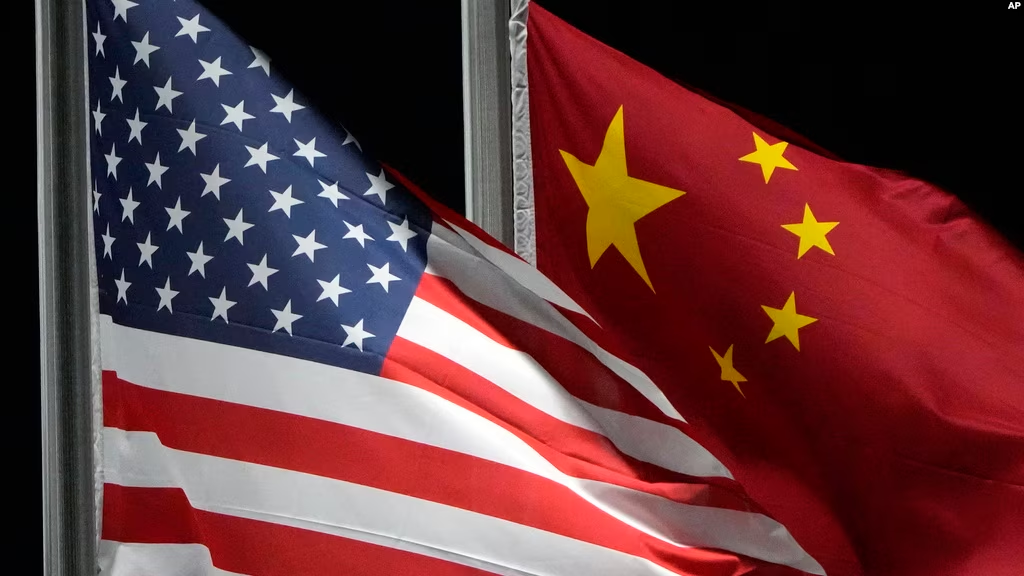

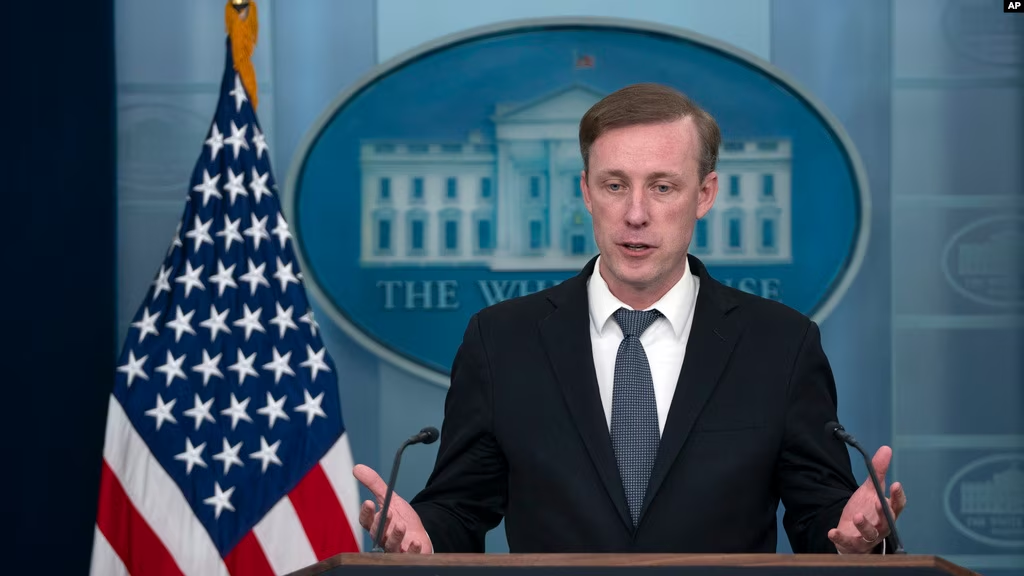

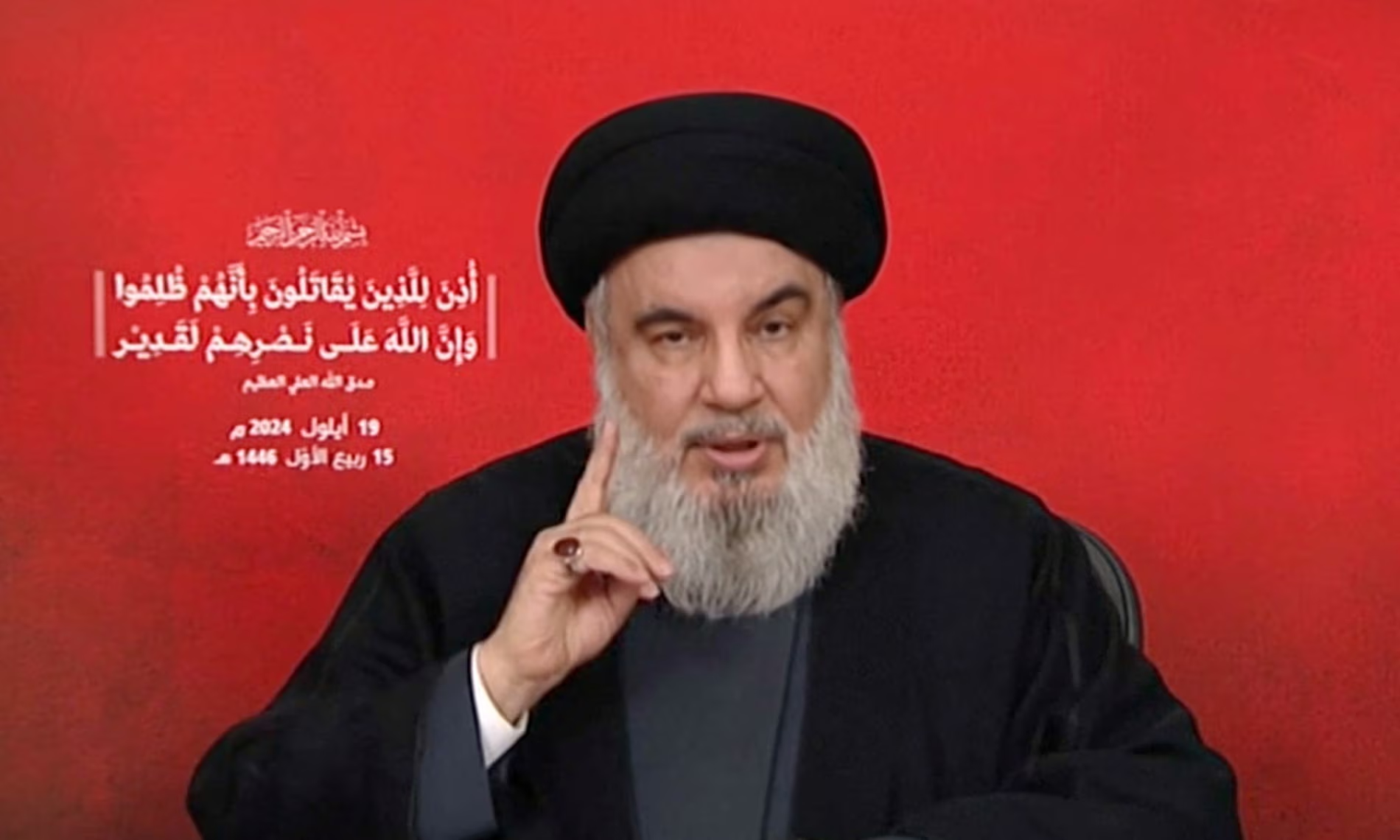
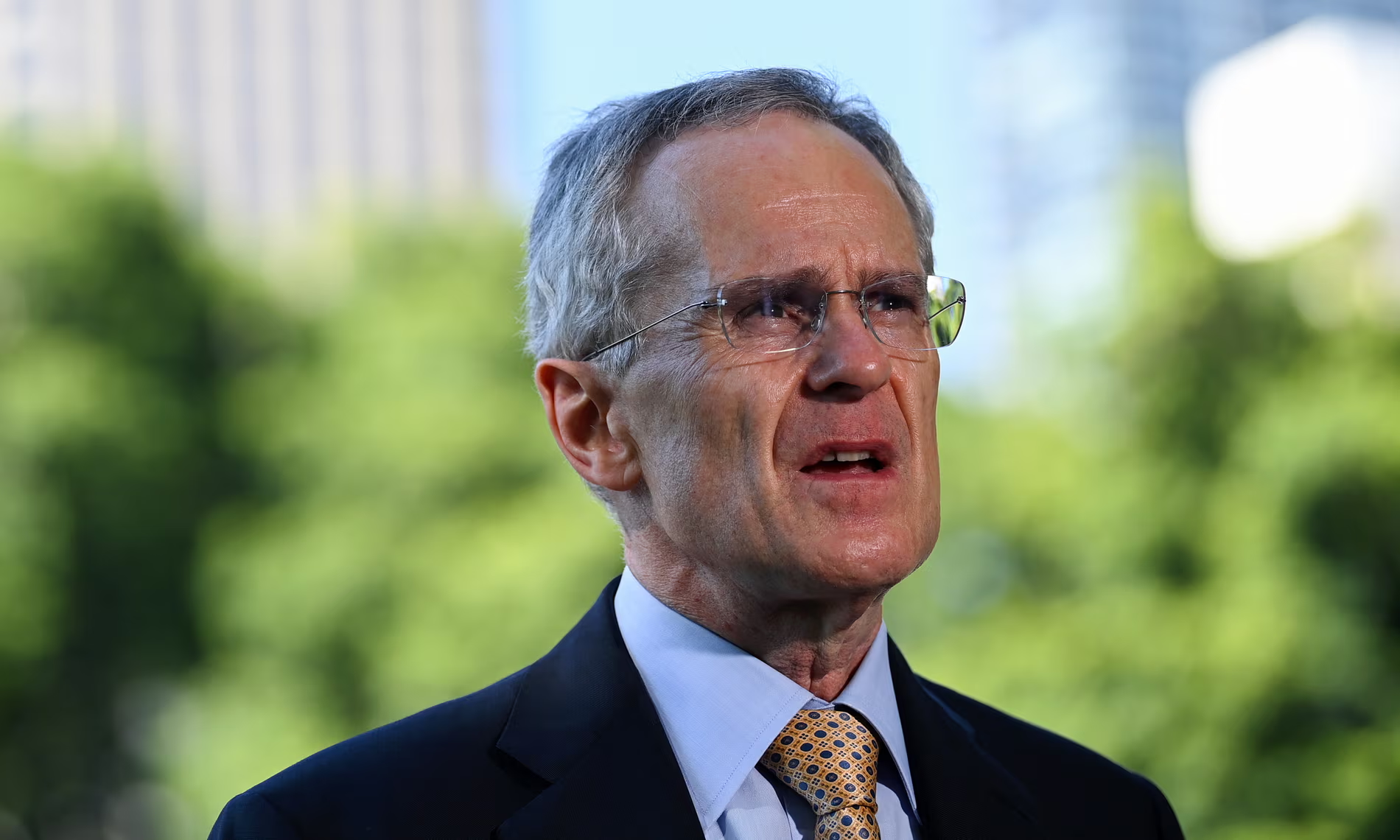


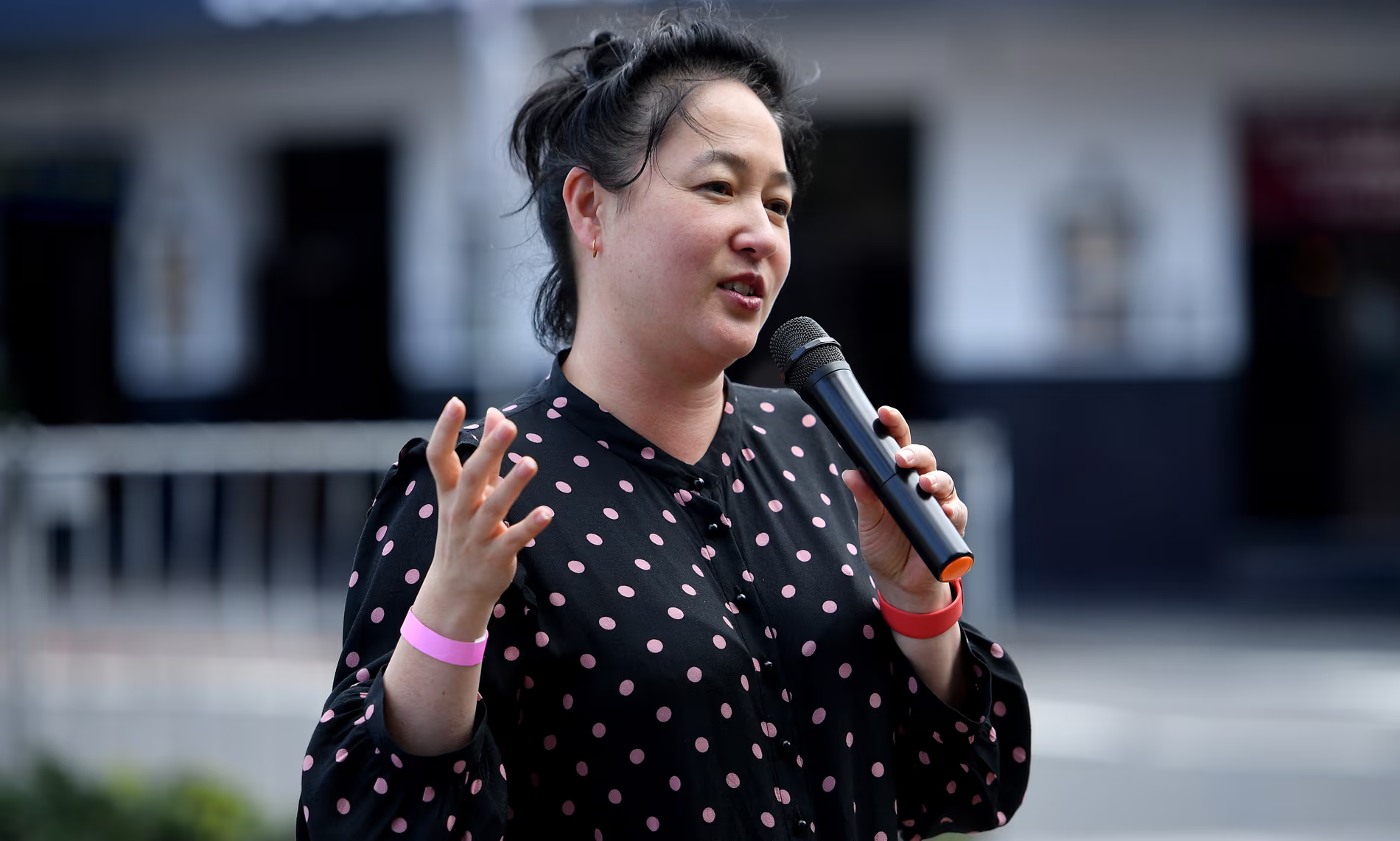
Leave a Reply